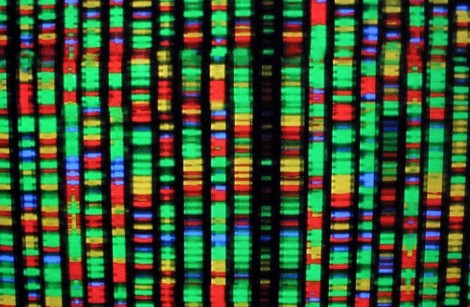Your podcast discovery platform
Curious minds select the most fascinating podcasts from around the world. Discover hand-piqd audio recommendations on your favorite topics.

The Emerging Biotechnology Trade War
In the light of the U.S. recent moves in blockading Chinese investment in 'sensitive' tech sectors, most of the attention has been given to electronics, AI and space technology. However, there is another science-driven arms race taking place between the U.S. and China, and that is in biotechnology. This emerging battle between the two states is illustrated by the fast-paced development of CRISPR, the gene-editing technique.
With problems including an aging population and decades worth of pollution and environmental degradation, China is giving high priority to developing their domestic biotechnology sector with a focus on healthcare and agriculture — spearheaded by the Beijing Institute of Genomics (BIG).
This is carried out through ambitious education initiatives, aggressive intellectual property scouting and investment in international biotechnology businesses. China has made substantial strides in biotech research domestically. For example, a review found that forty-two percent of CRISPR-derived plants were created in China between 2014 and 2017.
China is even more effective with the use of CRISPR in healthcare. It has so far used it to treat eighty-six patients and China was the first to edit the genome of a human embryo. This progress in biotechnology is facilitated by a less restrictive regulatory framework and a directive from the central government.
The corresponding regulatory backdrops of Europe and the U.S. will likely aid China in gaining a lead in biotechnology research and development in the coming years. As such, the national security concerns of the U.S. and how such concerns will impact technological advancement and international trade will continue to play a significant role in the relationship between China and the West.
